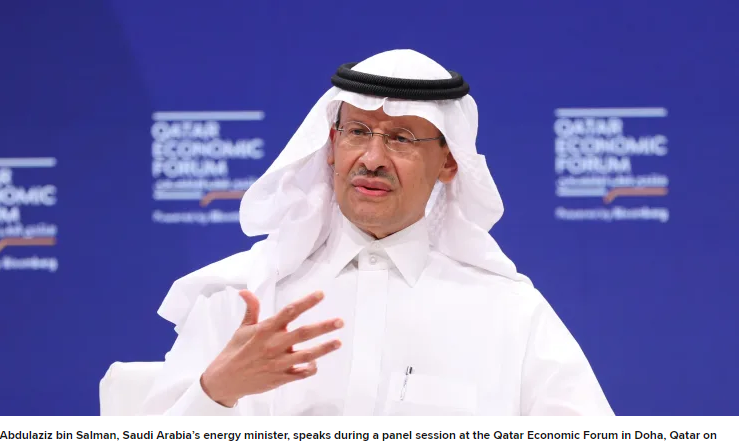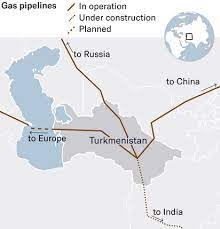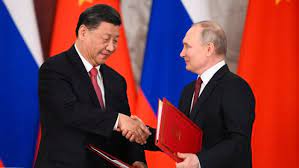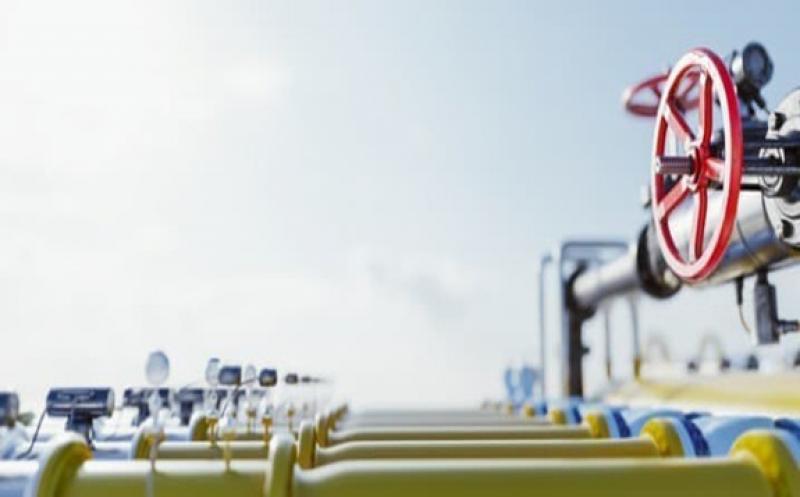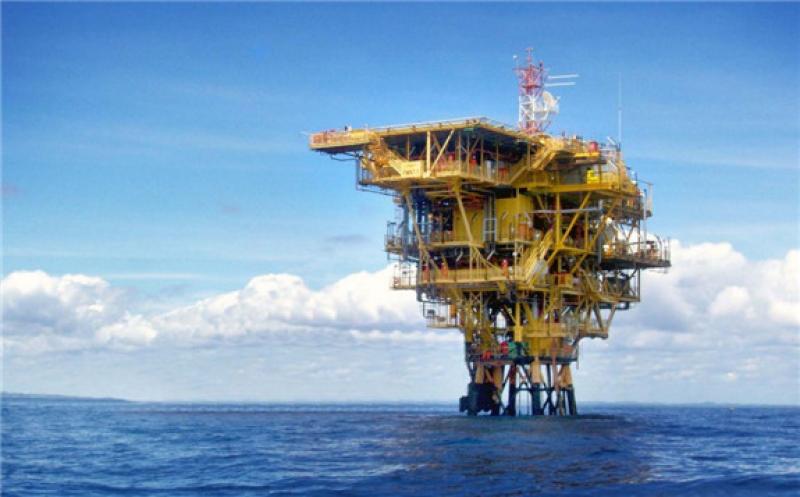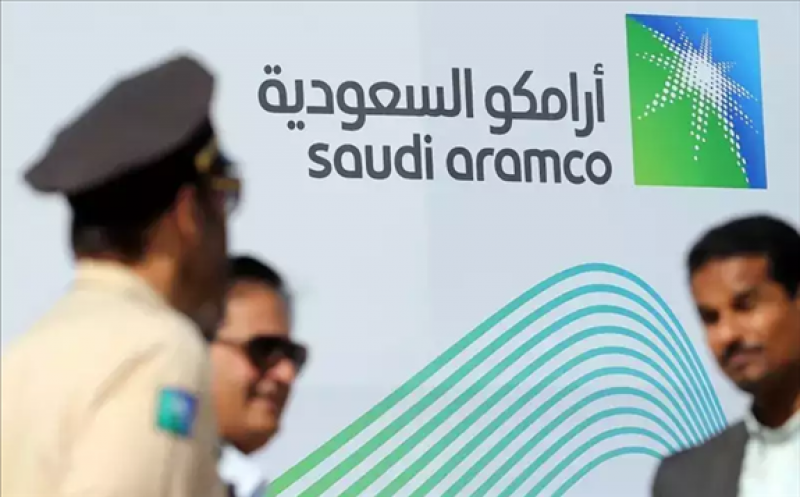German Fraunhofer Gesellschaft founds new Fraunhofer Institute for Energy Infrastructure and Geothermal, integrating the International Geothermal Centre in Bochum and establishing other research locations.
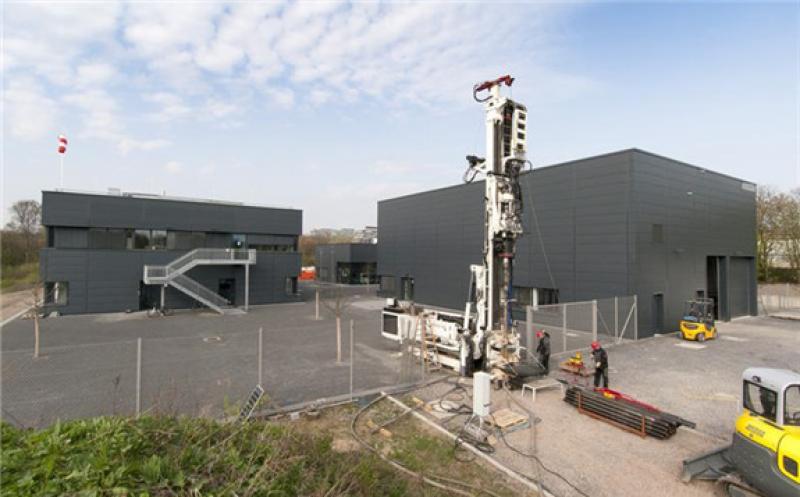 Geothermiezentrum Bochum, Germany (source: Umwelt NRW - Land NRW)
Geothermiezentrum Bochum, Germany (source: Umwelt NRW - Land NRW)
The German Fraunhofer-Gesellschaft has announced the foundation of the Fraunhofer Institute for Energy Infrastructures and Geothermal Energy (IEG) to further advance the energy transition and to complement the existing Fraunhofer portfolio. Fraunhofer is Europe’s largest application-oriented research organisation with 72 institutes spread throughout Germany, each focusing on different fields of applied science.
The main components of the new institute are the integration of the Bochum International Geothermal Center (GZB) into the Fraunhofer-Gesellschaft and the establishment of other parts of the institute on energy infrastructure in Cottbus and on sector coupling in Jülich. Fraunhofer IEG will also conduct research at the locations in Aachen, Weisweiler and Zittau.
According to the Fraunhofer-Gesellschaft, geothermal energy in particular has the potential to play a central role in the energy supply of the future. It can supplement the supply of district heating networks in the European metropolitan areas if fossil-fueled combined heat and power plants are shut down.
Based on an in-depth analysis of existing structures and expertise, the Fraunhofer-Gesellschaft is therefore building the Fraunhofer Institute for Energy Infrastructures and Geothermal Energy IEG. In this way, the market for the application of geothermal energy systems and technologies for coupling the energy sectors of heat, electricity and transport is to be developed in a more targeted manner. The main topics are networked energy infrastructures, geo-resources and the development of the necessary technology components, borehole and borehole technologies, heat mining and storage, energy technology as well as hydrogen use and CO2 capture.
The “International Geothermal Center Bochum (GZB)” integrated into the Fraunhofer-Gesellschaft on January 1, 2020 will be included in the Fraunhofer-Gesellschaft after 15 years of university connection as a core component for the new institute and at the Bochum and Aachen locations as well as in Weisweiler expanded and enlarged. In cooperation with the RWTH Aachen, the IEG activities for the use of georesources, as well as thermal and material storage are located at the Aachen location and a large laboratory for deep geothermal technologies for heat, cooling and power generation is set up at the RWE power plant in Weisweiler.
The western section of the institute is headed by Prof. Rolf Bracke, geologist and director of the GZB. He is convinced that even after the end of the fossil energy era, underground space will continue to be of particular importance for the production and storage of thermal energy and energy resources. The underground remains a central element of future networked energy infrastructures. In only a few regions worldwide are the technologies and the know-how for its use as concentrated as in the West German and East German mining areas. That is why the IEG is to support companies in the traditional energy sector in converting their technology portfolio to low-carbon processes.
